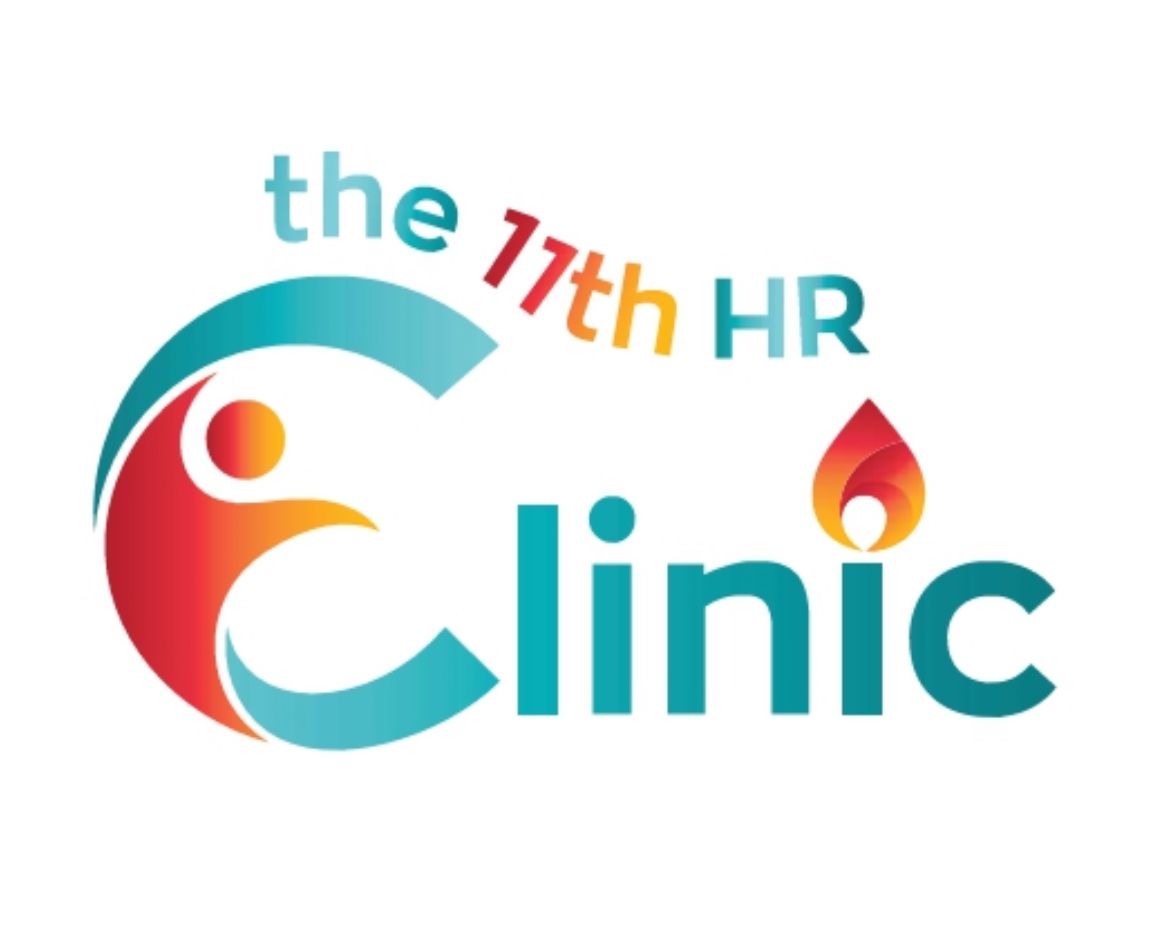Whistleblowers and the Cost of Speaking Up
The Psychology of Integrity, Groupthink, and Organisational Change
At the 11th hour clinic, we support individuals who face ethically and psychologically complex situations at work. One of the most distressing roles an individual can find themselves in is that of the whistleblower. The whistleblower is someone who brings attention to unsafe, illegal, or unethical practices within an organisation. Whistleblowers are frequently described in heroic terms in the media or legislation, but their lived experiences often tell a different story: isolation, retaliation, reputational damage, and severe psychological harm.
This article explores the human experience of whistleblowing, the role of groupthink in perpetuating harm, and evidence-based ways to support both individuals and institutions through these complex events.
Psychological Distress: The Hidden Cost of Speaking Up
Whistleblowers often act from a place of moral duty and civic responsibility. Yet the consequences of their actions can be profound. Numerous studies have shown that whistleblowers experience higher levels of psychological distress compared to the general population. According to Kenny, Vandekerckhove, and Fotaki (2019), whistleblowers often report:
- Anxiety and depression
- Post-traumatic stress symptoms
- Sleep disturbances
- Moral injury and existential distress
- Suicidal ideation
These mental health consequences can be compounded by the long duration of investigations, legal proceedings, or media attention, as well as the rupture of trust with employers, colleagues, and even family. Whistleblowers often report being treated as “traitors” rather than protectors of the public good, leading to feelings of shame, betrayal, and loneliness (Jackson et al., 2010).
Groupthink: Why Whistleblowers Are So Often Rejected
One of the less visible but deeply influential drivers of whistleblower retaliation is groupthink, a social psychology phenomenon where group members suppress dissent and critical thinking in pursuit of consensus. First described by Irving Janis (1972), groupthink helps explain why organisations often respond defensively or even aggressively to those who raise concerns. It can also explain why complaints never stick as organisational culture protects its consensus.
Groupthink is most likely to occur in environments where:
- There is strong cohesion and a desire to maintain group harmony
- The organisation has hierarchical or authoritarian leadership
- Critical reflection is discouraged or punished
- The group perceives itself as morally superior or “untouchable”
In these environments, whistleblowers become targets not because they are wrong, but because they disrupt the status quo. Their challenge to collective silence and denial creates cognitive dissonance for others, which can be managed not by addressing the issue, but by discrediting or excluding the person who raised it.
Psychological mechanisms involved in groupthink include:
- Self-censorship: Employees suppress their own doubts to avoid conflict
- Pressure on dissenters: Whistleblowers are pressured to “get on board”
- Illusion of unanimity: Silence is mistaken for agreement
- Rationalisation: Ethical concerns are dismissed as overreactions
- Stereotyping outsiders: Whistleblowers may be labelled as disloyal, unstable, or vengeful
As Mesmer-Magnus and Viswesvaran (2005) note, environments high in groupthink are inversely related to effective whistleblowing outcomes. In such climates, wrongdoing persists not because no one sees it but because the group is incentivised not to acknowledge it.
The Aftermath: What Whistleblowers Need
Many whistleblowers are left with shattered trust, eroded professional identity, and complex trauma symptoms. At the 11th hour clinic, we see that recovery often requires more than individual therapy. It calls for a holistic, relational, and systemic approach.
Individual Support Strategies:
- Psychological therapy for anxiety, trauma, and moral injury (including EMDR, schema therapy, ACT)
- Narrative therapy to reconstruct personal identity outside of “victim” or “troublemaker” roles
- Values-based coaching to support career recovery and re-empowerment
- Psychoeducation around group dynamics, scapegoating, and moral courage
Therapists must be aware of the potential for secondary trauma and existential questioning. Whistleblowers may feel “gaslit” by their employers and sometimes even by regulators, and they benefit from therapeutic validation, structure, and trauma-informed care.
Group-Based Interventions:
Groupthink creates isolation; recovery often requires belonging. Support groups (formal or informal) allow whistleblowers to regain community, challenge internalised blame, and find purpose beyond the event. Research also supports reflective practice forums for professionals who report harm, especially in healthcare and education (Milliken, 2014). These structured, psychologically safe environments allow for meaning-making, ethical dialogue, and recovery from betrayal trauma.
Organisational Responsibility: Preventing Harm Before It Starts
Whistleblower protections must go beyond compliance and policy. They must be cultural. Organisations should view whistleblowers not as enemies, but as sources of early warning and ethical insight.
Recommended organisational actions include:
- Developing anti-groupthink cultures, encouraging dissent and diverse perspectives
- Training managers in ethical leadership, psychological safety, and unconscious bias
- Creating multiple, confidential reporting channels
- Responding transparently and promptly to concerns
- Offering psychological support services independent of HR
- Protecting whistleblowers from retaliation through explicit protocols and oversight
As Miceli, Near, and Dworkin (2008) note, organisational transparency and ethical responsiveness are key predictors of positive whistleblowing outcomes. Silence, denial, and groupthink do not protect an organisation — they only defer crisis.
Final Reflections: Honouring Integrity, Rebuilding Safety
Whistleblowers are often deeply principled individuals who act not out of disloyalty, but out of commitment to safety, justice, or professional ethics. However, in cultures shaped by groupthink and fear, their integrity is too often punished rather than honoured. At the 11th hour clinic, we support whistleblowers in rebuilding their psychological safety, restoring their identity, and re-engaging with meaningful work. We also work with organisations to repair trust, reshape culture, and reduce harm through reflective, values-based leadership.
If you or your organisation is navigating the fallout of a whistleblowing event, or if you're living with the hidden wounds of speaking up contact us. Healing begins not just with therapy, but with truth. For a confidential discussion on how we can help, contact our head office in Brisbane via phone.
References:
Janis, I. L. (1972). Victims of groupthink: A psychological study of foreign-policy decisions and fiascoes. Houghton Mifflin.
Jackson, D., Peters, K., Andrew, S., Edenborough, M., Halcomb, E. J., Luck, L., & Wilkes, L. (2010). Understanding whistleblowing: Qualitative insights from nurse whistleblowers. Journal of Advanced Nursing, 66(10), 2194–2201.
Kenny, K., Vandekerckhove, W., & Fotaki, M. (2019). Whistleblower subjectivities: Organization and passionate attachment. Organization Studies, 40(12), 1899–1919.
Mesmer-Magnus, J. R., & Viswesvaran, C. (2005). Whistleblowing in organizations: An examination of correlates of whistleblowing intentions, actions, and retaliation. Journal of Business Ethics, 62(3), 277–297.
Miceli, M. P., Near, J. P., & Dworkin, T. M. (2008). Whistle-blowing in organizations. Psychology Press.
Milliken, F. J., Morrison, E. W., & Hewlin, P. F. (2014). An exploratory study of employee silence: Issues that employees don’t communicate upward and why. Journal of Management Studies, 40(6), 1453–1476.



